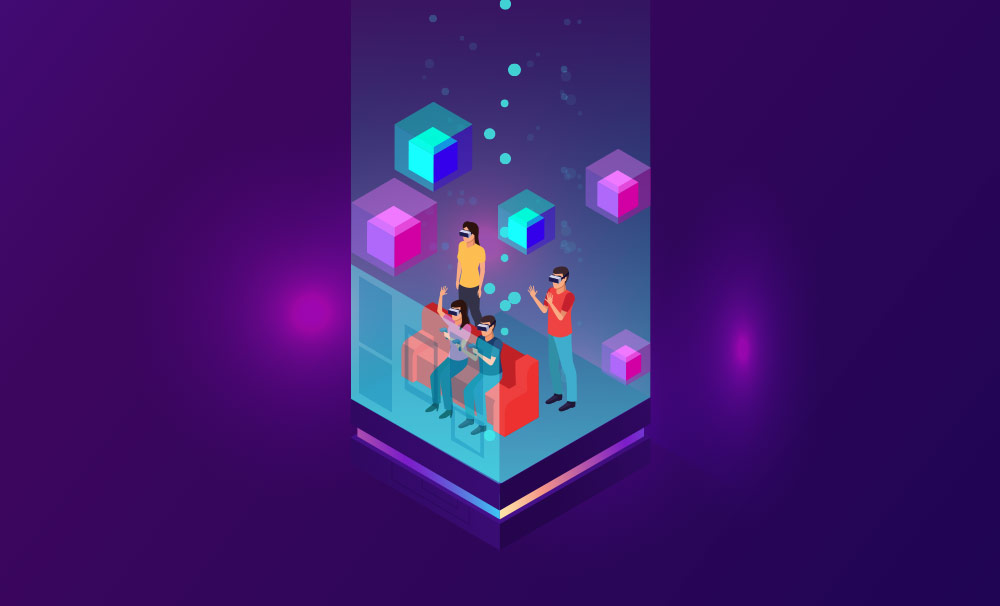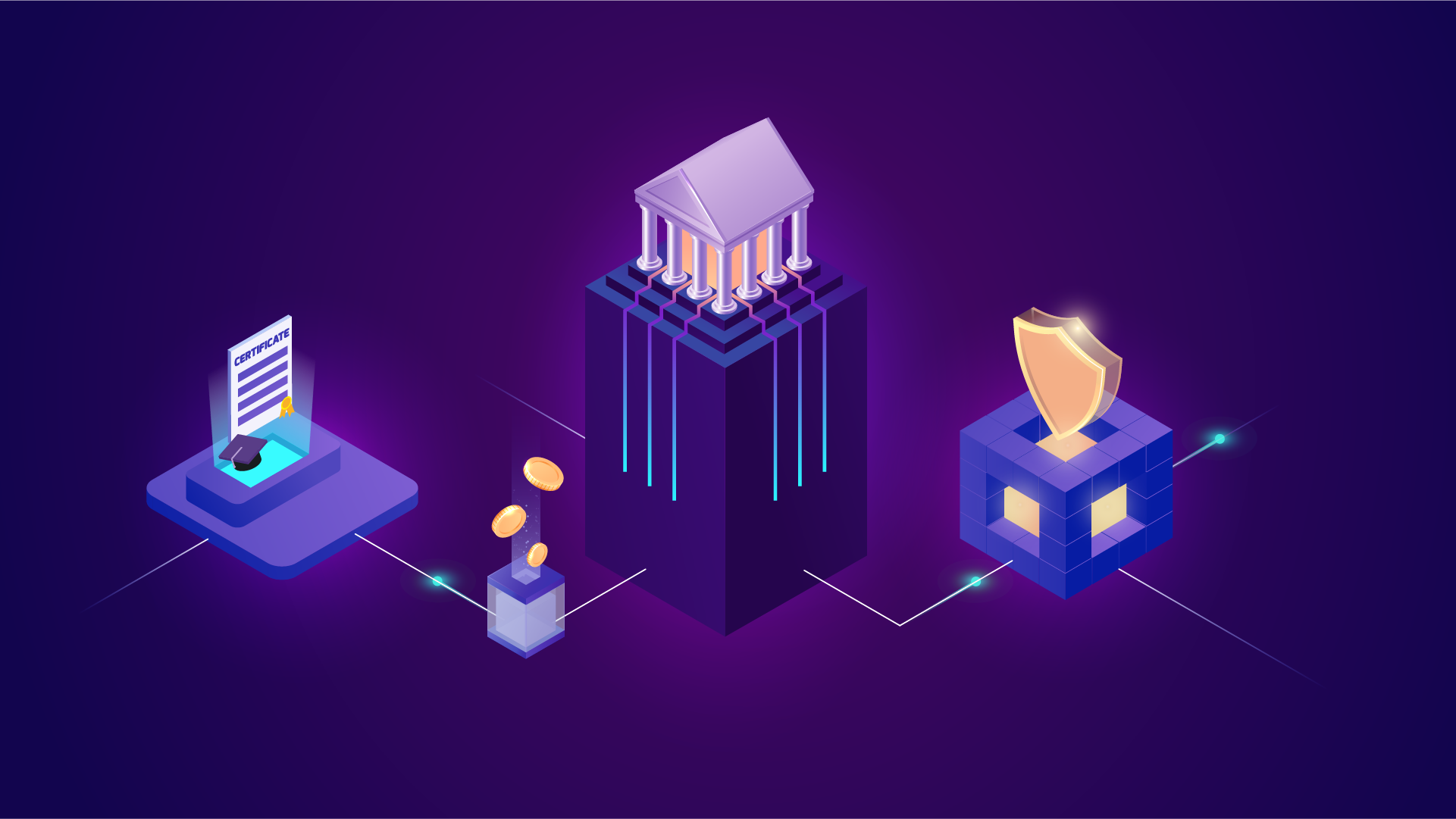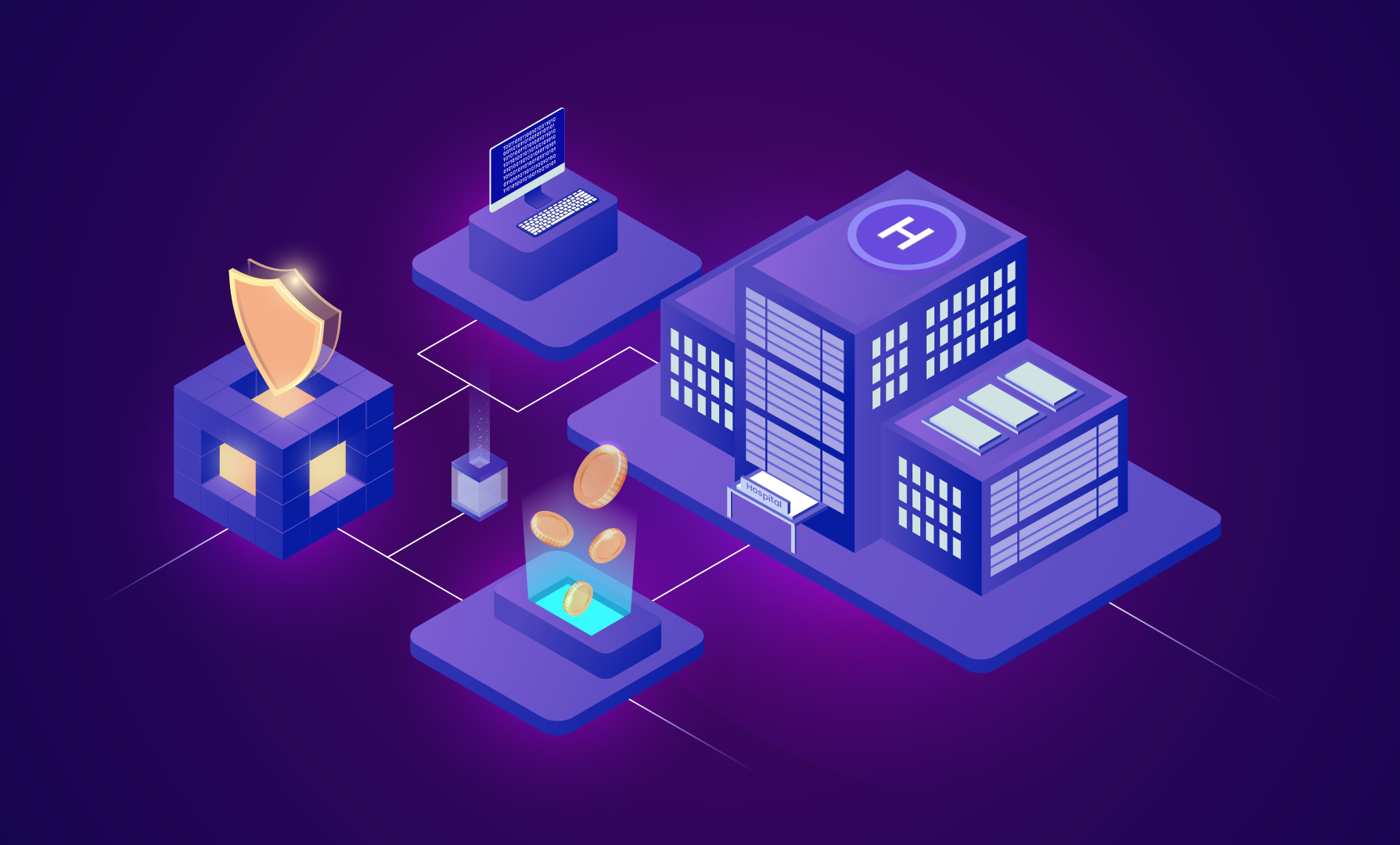Imagine owning, trading and using your favorite in-game items across different games or platforms. Or how about creating and selling your own content – and earning rewards for your contributions? Now you can, through these and other exciting examples of tokenization in gaming space. Now see below to learn about how tokenization is reshaping the gaming world.
What is Tokenization in Gaming?
Tokenization is the process of converting in-game assets, items, or currency into digital tokens on a blockchain. A blockchain is a secure and transparent system that records and verifies transactions. By using tokenization, gamers and developers can enjoy various benefits, such as:
- Virtual Asset Ownership: Tokenization gives players true ownership of their virtual assets. Unlike traditional gaming, where items and characters are controlled by the game developers, tokenization allows players to buy, sell, and trade their in-game assets outside of the game environment. This creates a decentralized marketplace where players can monetize their virtual possessions.
- Cross-Game Interoperability: Tokenization enables players to use their in-game assets and currency across different games on the same blockchain. This means that players can transfer their items and money between games, thus creating a unified gaming experience. For example, a player could earn a rare weapon in one game and use it in another.
- In-Game Economies and Rewards: Developers can use tokenization to design complex and dynamic in-game economies and reward systems. Tokens can represent various in-game resources, such as currency, rare items, or achievements. By using tokens, developers can create events, quests, and challenges that incentivize players to participate and earn tokens.
- Decentralized Gaming Platforms: Tokenization allows for the creation of decentralized gaming platforms that operate on blockchain technology. These platforms offer increased security, transparency, and trust for gamers and developers. Players can engage in peer-to-peer transactions without intermediaries, reducing the risk of fraud and counterfeit items. Developers can also benefit from lower costs and higher revenues.
- Player-Driven Content Creation: Tokenization encourages players to contribute to the gaming experience by creating and monetizing their own content. Players can use tokens to create and sell custom skins, mods, or features to other players. This fosters creativity and diversity within the gaming community.
Existing Use Cases of Tokenization in Gaming
- Axie Infinity: One of the most successful and popular examples of tokenization in gaming is Axie Infinity, a game that combines elements of gaming and blockchain, allowing players to collect and breed digital creatures called Axies [1]. These Axies are unique tokens that can be bought, sold, and battled against other players, forming a vibrant, player-driven economy. Axie Infinity uses two types of tokens: Axie Infinity Shards (AXS) and Small Love Potions (SLP). AXS is the governance token of the game, which gives players voting rights and access to staking rewards. SLP is the utility token of the game, which is used to breed new Axies. By tokenizing their in-game assets and currency, Axie Infinity empowers players by providing true ownership, cross-game interoperability, and monetization opportunities. The game has attracted over 1 million daily active users and generated over $1 billion in revenue as of August 2021. Axie Infinity demonstrates the potential and impact of tokenization in the gaming industry.
- Enjin is a platform that enables developers to create and integrate blockchain-based gaming assets [1]. These assets are non-fungible tokens (NFTs) that can represent anything from characters and items to achievements and rewards. Enjin allows developers to create NFTs using a simple interface, without requiring any coding or blockchain knowledge. Developers can also use Enjin’s software development kits (SDKs) to integrate their NFTs into various game engines and platforms, such as Unity, Unreal, and Minecraft. By using Enjin, developers can create unique and interoperable gaming experiences that leverage the benefits of tokenization, such as ownership, scarcity, and value.
Tokenization is more than just a technological trend; it’s a paradigm shift that engages and empowers gamers. By redefining ownership, enabling cross-game collaboration, and enhancing in-game economies and rewards, tokenization opens new horizons for innovation and player satisfaction. Gaming is here to stay – and the future of gaming is undoubtedly being shaped by the transformative power of tokenization.
——————————————————-
Interested in gaming tokenization? Cryptix Tokenization is here to support you all the way. Check our website for more information or book a call with us to identify your project’s requirements – and how we can help you reach your project’s full potential: https://tokenlaunchpad.eu.
Sources:
[1] Understanding Tokenization: How it Transforms Gaming Assets – DLT Magazine (distributed-ledger.tech)
[2] How the Tokenization of the Gaming Industry Empowers Players (cointelegraph.com)



